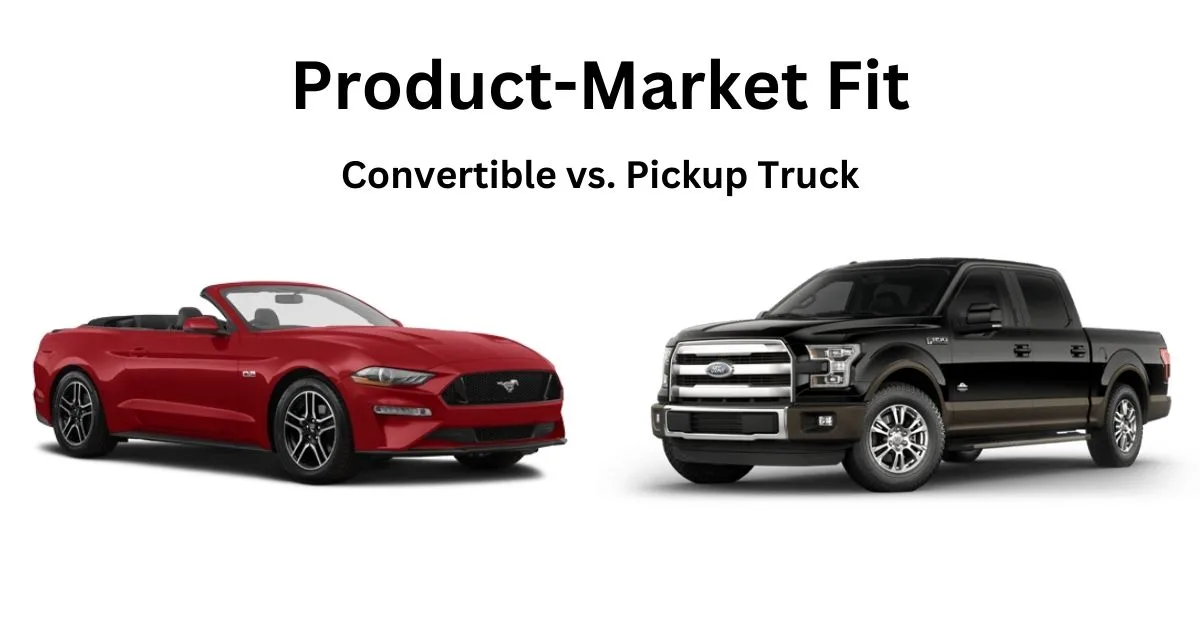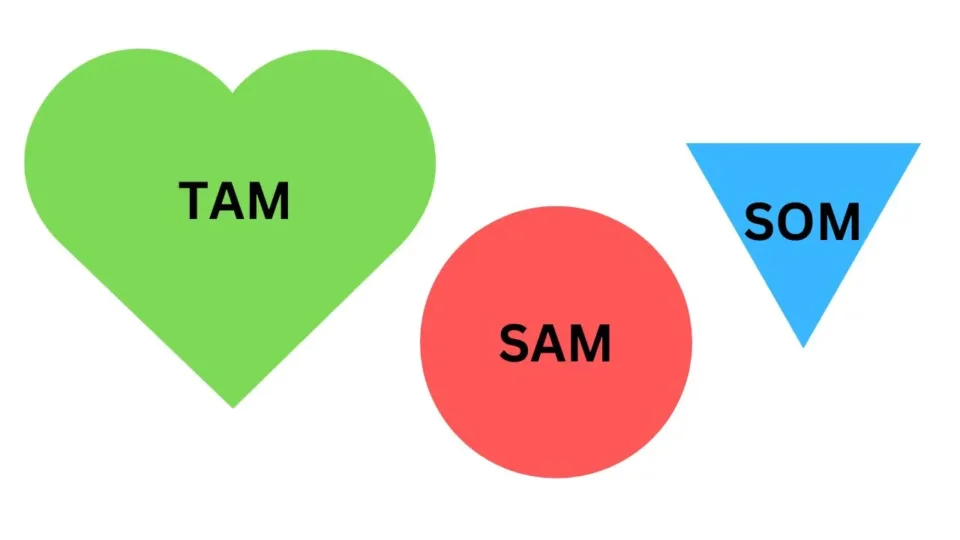How Judy Faulkner Built Her Health Tech Empire
Judy Faulkner, founder and CEO of Epic Systems, is a titan in the health tech industry. Her company, valued at $4.9 billion, provides electronic health records (EHR) for 325 million patients worldwide. Thanks to Faulkner’s technology, she helped transform how healthcare institutions all over the world manage patient files for healthcare institutions. In 2024, Faulkner … more












